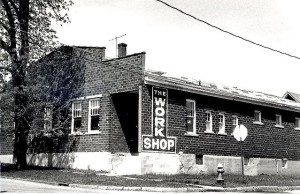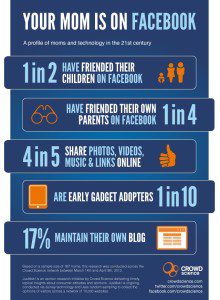“I don’t wait for moods. You accomplish nothing if you do that. Your mind must know it has got to get down to work.” Pearl S. Buck
My daughter, Mikelle and I serve on several boards, commissions, committees and councils focused on the future on rehabilitation and special education services. We are part of a large group of dedicated people interested in shaping a positive future for people with disabilities and their families.
From where we sit—self-reliance, the ability to ask questions, seek information taking charge of your destiny is the number one strategy for making services work.
In the last century, people with disabilities and their families were offered “cradle to grave” services. Children with special needs went to special schools transitioning directly into a shelter workshop day habilitation program. Many left the family home and moved into a group home or other care facility. Families monitored care, attended the annual meetings and trusted those services would remain stable as long as they needed them. But change happens, and systems shift.
We learned people with disabilities could work, even in high school. Ideas and concepts like supported employment, self-determination and self-directed services led to the idea that people with disabilities might not need to remain isolated and impoverished throughout their lives. Federal programs, including Section 8 modified their policies allowing people with disabilities to purchase their own homes, while Social Security created Work Incentive Programs allowing people to apply income towards approved vocational goals.
Rehabilitation realities changed for the better and some would say for the worse. Waiting lists have grown from the old days and support services are no longer guaranteed. More responsibility is falling on the shoulders of parents, family and people with disabilities. With more freedom and choice comes more responsibility.
So are you able to respond?
Your ability to adapt to these changes will affect your child’s quality of life as an adult. If you don’t adapt, high school may be the peak life experience for your young adult with disabilities.
The good news, we have the internet. Parents can do research to find resources and to connect with other parents who have learned how to navigate this changing and confusing system. Today parents are tweeting, facebooking and searching Google to gain unprecedented access to the best information available.
In many ways, we live in the big version of a small community. We have access to funding, which didn’t exist sixty years ago. We still have to work hard, we still have to ask a lot of questions to successfully create opportunities for our children with special needs.
Working hard, keeping your eyes open and making your own luck is part of the art of self-reliance. Celebrate that you and your children live in the 21st Century, technology will open the doors for many whom only years ago could not even get to the door.
We are evolving. Be persistent.
Let me know your strategies by commenting on this blog post. Do you know a family or a person with a disability caught off balance by these changes? Would you like to help make a difference in their lives? Share this blog and the four following blogs with them. You might just change their lives.




